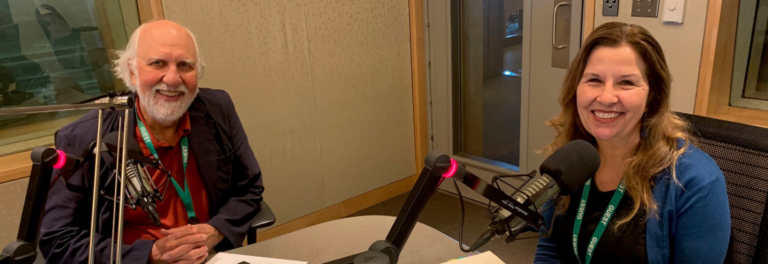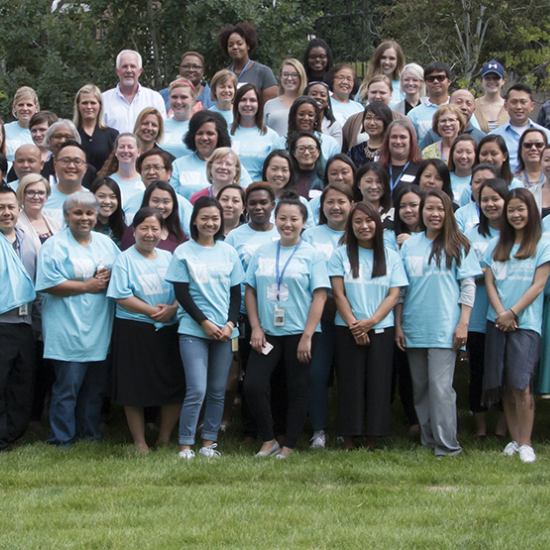The Pioneer Press Editorial Board recently called on legislators to give priority to the expansion of early-learning scholarships that provide low-income children access to high-quality early education and produce the best economic return (“Aim early-education scholarships at greatest needs,” December 8, 2016). That targeted early-learning approach is good as far as it goes. However, more than a decade of research shows that the focus on early education alone is insufficient to reduce the gaping academic disparities and to achieve racial, economic, health, and educational equity for all children.
A recent report by Wilder Research, the University of Minnesota, and Development and Training, Inc., Prenatal to Age 3: A Comprehensive, Racially-Equitable Policy Plan for Universal Healthy Child Development, describes a different set of early childhood policy priorities for the Editorial Board and the Minnesota Legislature to consider. This more comprehensive approach adds the key ingredients of safe, stable, and nurturing multi-generational relationships; family economic security; and community self-determination to the early childhood policy arena.
Prenatal to Age 3 builds on information from Minnesota-based brain science, attachment research, and indicators of child and family well-being. The report includes input from more than 400 community, organizational, and coalition early childhood leaders, and community members from across Minnesota, identifying family and community strengths and opportunities to build on, and program gaps and barriers and how to fix them.
Examples of practical strategies identified in the report that would contribute to universal healthy child development include:
Boost and sustain extended family and community support and social networks.
For example, this different policy approach might provide more resources for doulas who provide culturally-responsive prenatal, birthing, and post-partum care and for family, friends, and neighbors who provide nurturing for many infants and toddlers.
Expand the reach of Minnesota Children’s Cabinet.
Add the Departments of Employment and Economic Development, Transportation, and Public Safety and the Minnesota Housing Finance Agency to work with the Departments of Education, Health, and Human Services to better coordinate and align policies, programs, and resources across state agencies and communities to support improved outcomes for children and families.
Establish a public/private “community-led solutions” fund.
The fund could be used to support local early childhood community-based and nonprofit racial equity efforts, providing families and communities with the flexibility and freedom to decide what solutions will work best for them to ensure that all children thrive in healthy, strong, and resilient families and communities of all types.
Develop a system to evaluate and track effective community-led solutions.
Ensure communities have access to both qualitative and quantitative data that will enable communities and public systems to be held accountable for agreed-upon results.
Lack of education, poverty, poor health, and unemployment are interconnected and mutually reinforcing. That is why, to ensure healthy development for all children, we need equally interconnected, comprehensive, and holistic approaches to prevent the disparities and to nourish equity from the outset.
This commentary originally appeared in the Saint Paul Pioneer Press on December 25, 2016.
Richard Chase was a consulting scientist at Wilder Research for more than 37 years. His studies covered early childhood policies, services and indicators and the effectiveness of school readiness, prevention and capacity-building programs for children, youth and families.




